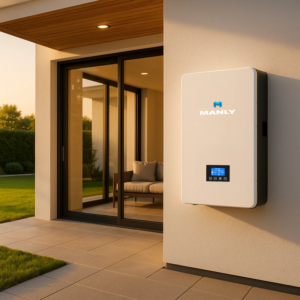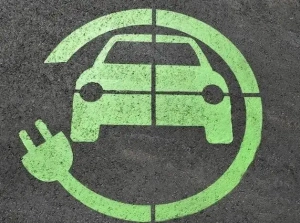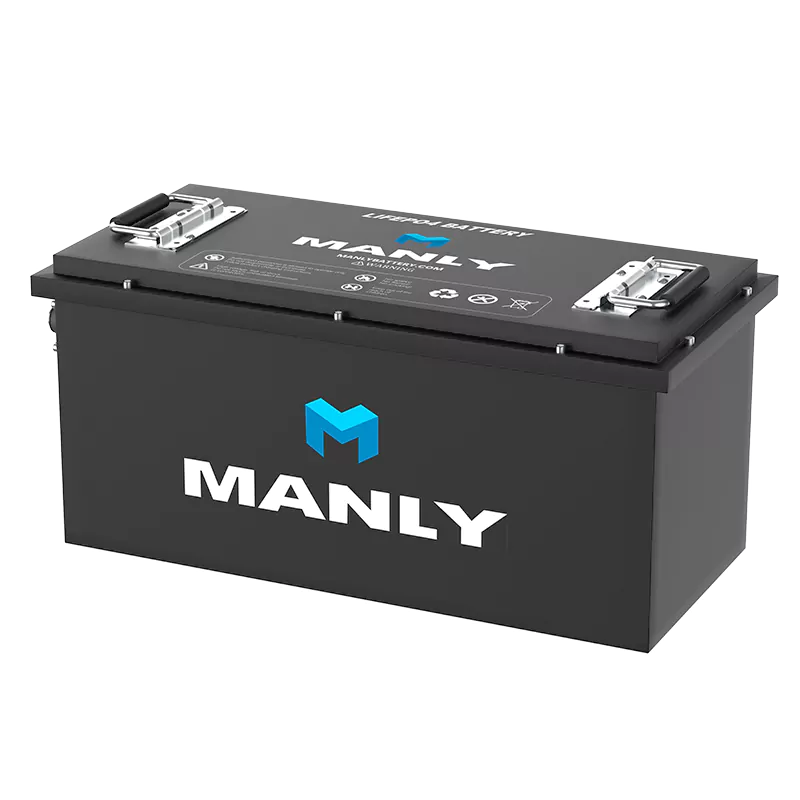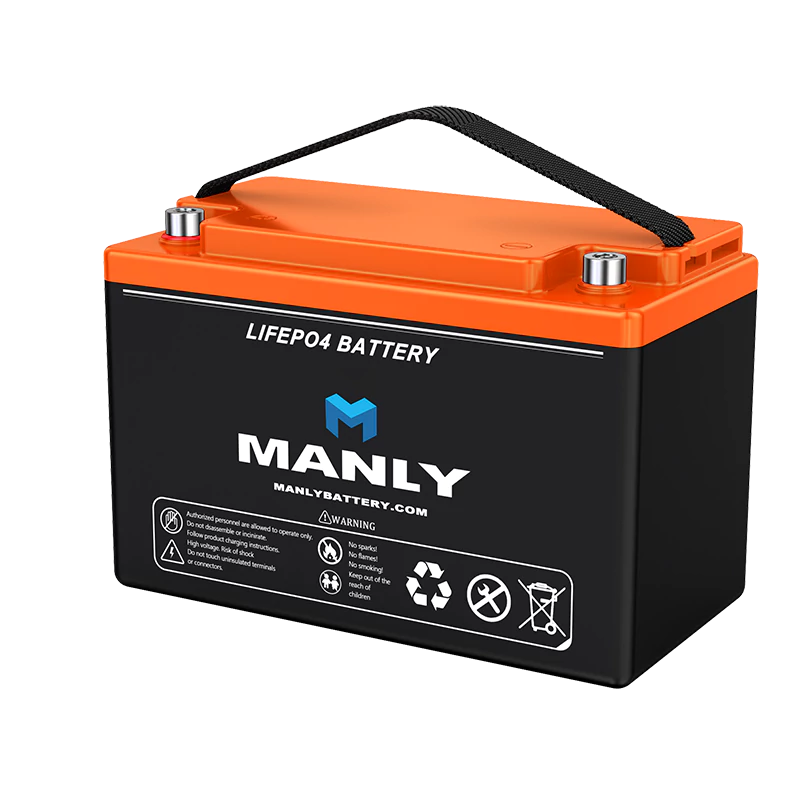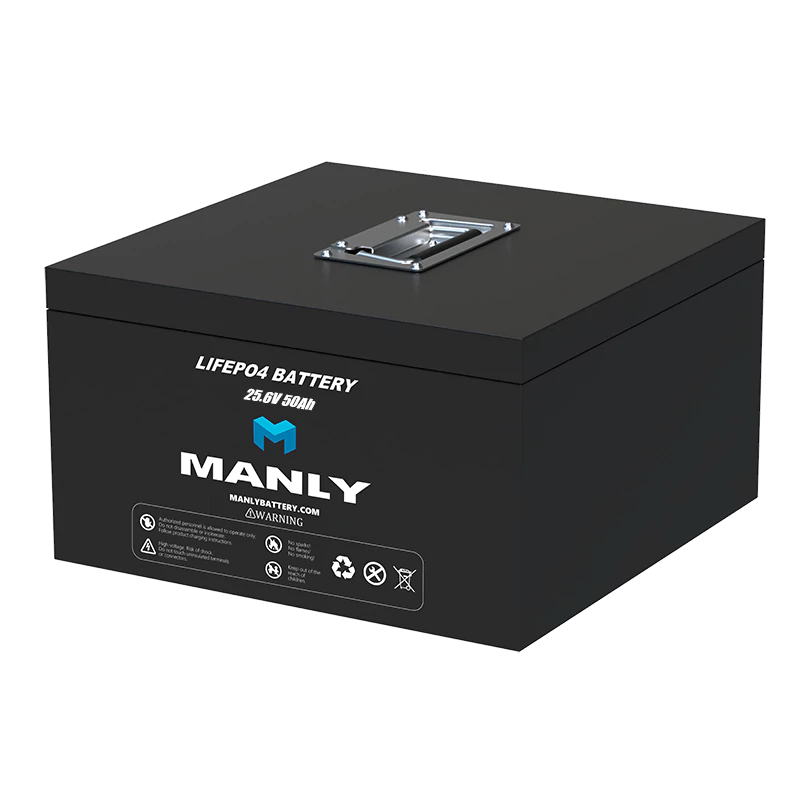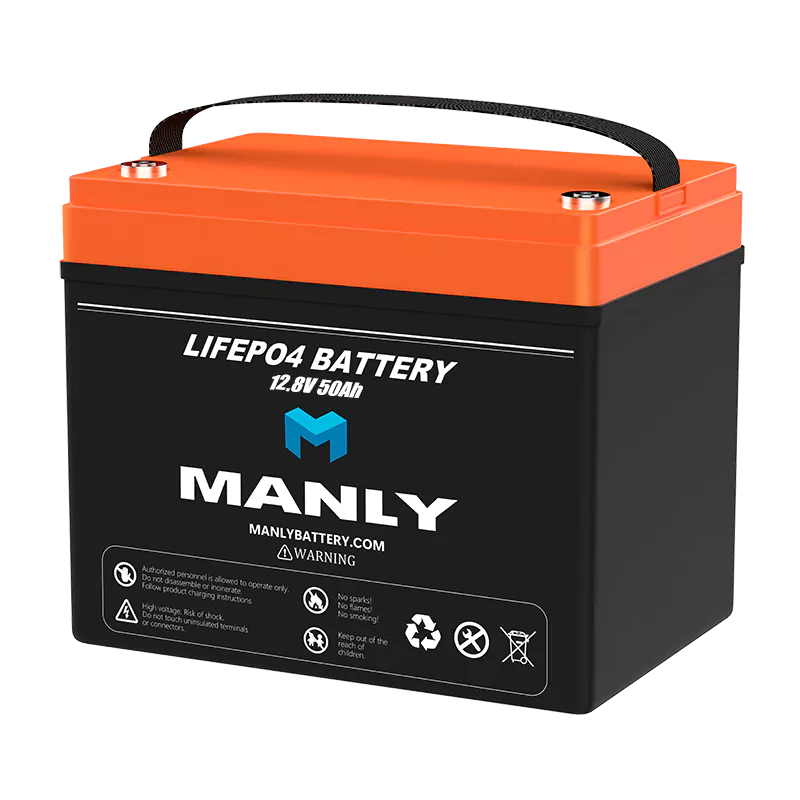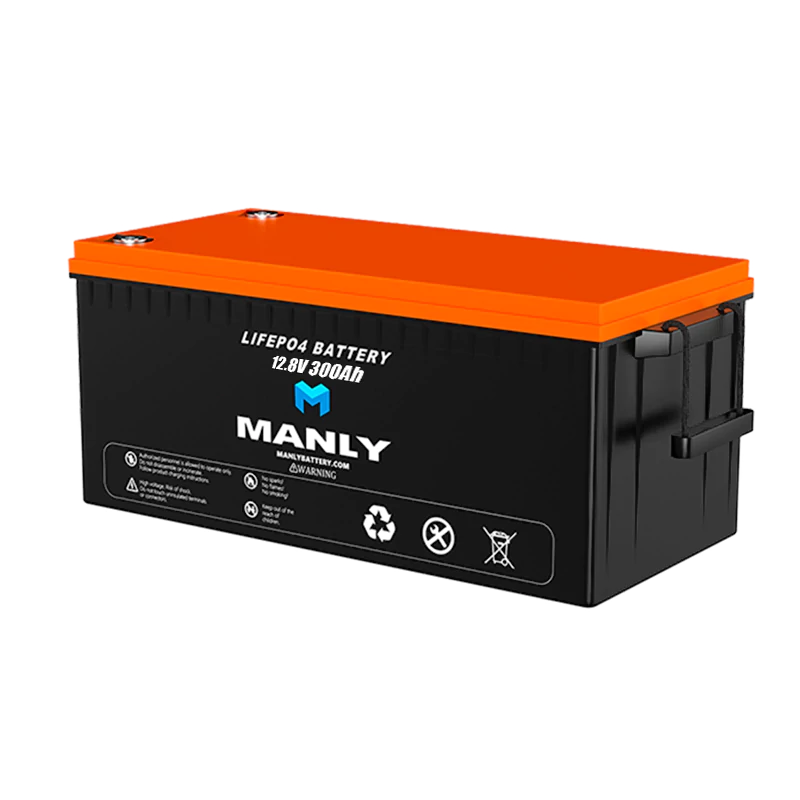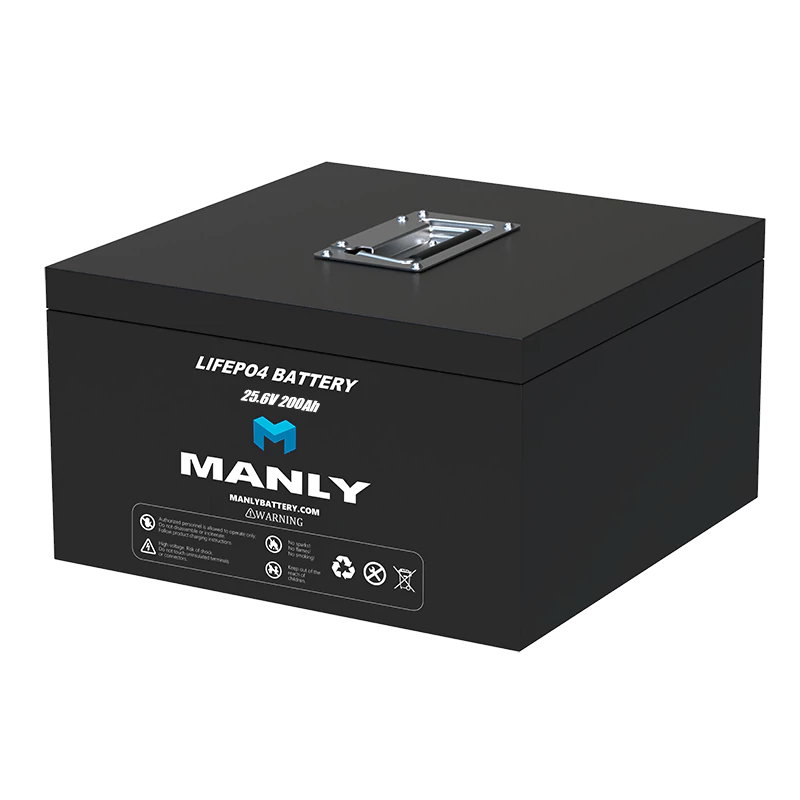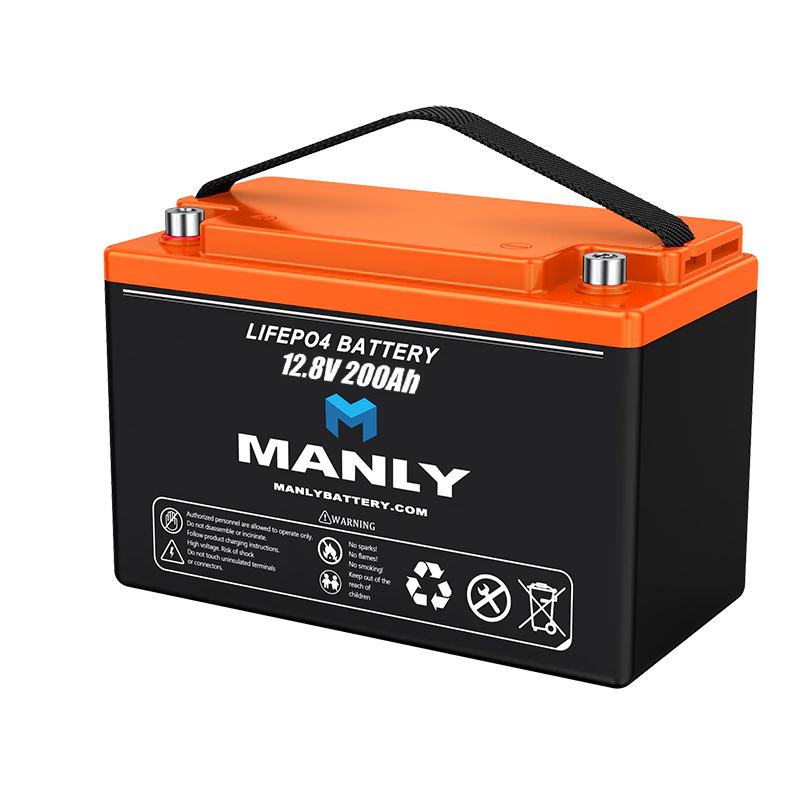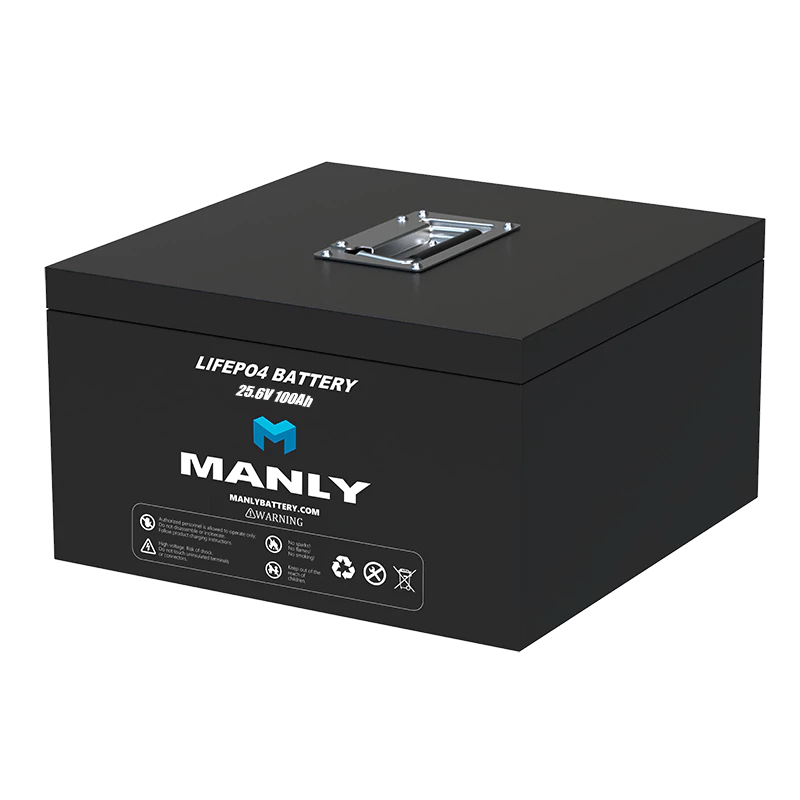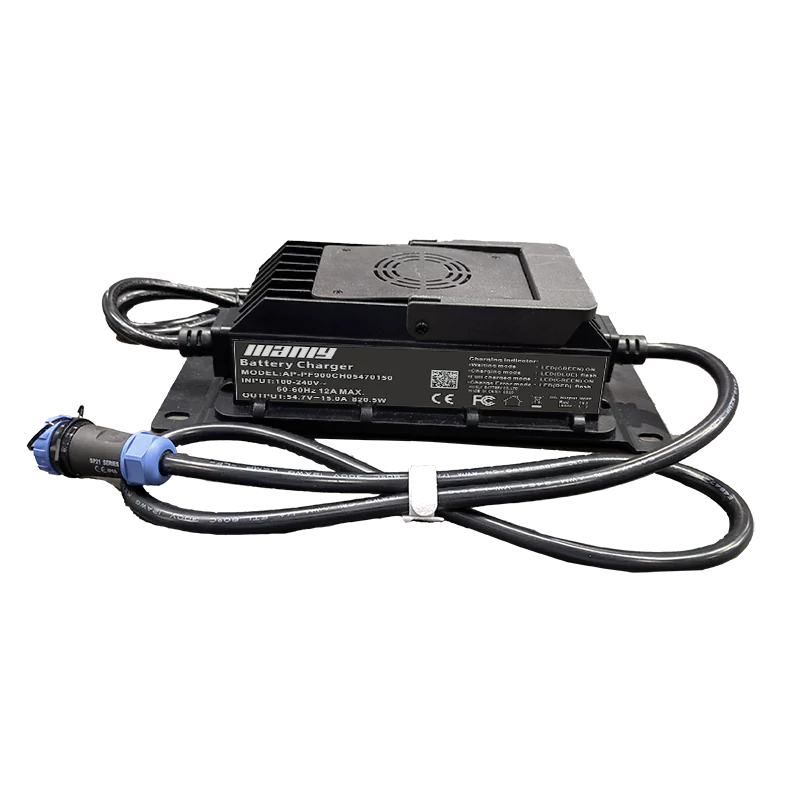Lead Acid vs Lithium Golf Cart Battery Maintenance in 2024
Table of Contents

Lead Acid Golf Cart Battery Maintenance
Maintaining a lead acid golf cart battery is essential for ensuring its longevity and optimal performance. Here are some straightforward steps to help you with lead acid golf cart battery maintenance.Regular Inspections
Performing regular inspections is the first step in effective lead acid golf cart battery maintenance. Here's what to look for:- Physical Damage: Check the battery case for any signs of damage, leaks, or deformation. If you find any damage, determine the cause and replace the battery if necessary.
- Cleanliness: Keep the battery and terminals clean. Use a solution of distilled water and baking soda (1 gallon of water to 1 pound of baking soda) to clean the battery case, removing any acid residue, corrosion, or dirt. Rinse thoroughly and dry completely.
- Terminal Connections: Ensure the terminal connections are tight and secure. Loose or corroded terminals can affect performance and cause short circuits. Follow the supplier’s recommendations for terminal connection torque, and use a wire brush to clean the terminals.
Water Level Maintenance
Most golf cart batteries are lead-acid and require regular watering. Follow these steps to maintain proper water levels:- Check Water Levels: Remove the vent caps and inspect the electrolyte level in each cell. The electrolyte should cover the battery plates but be below the vent wells.
- Add Distilled Water: If the level is low, add distilled water to each cell. Do not use tap water as it may contain impurities that can damage the battery.
- Avoid Overfilling: Overfilling can cause the electrolyte to overflow during charging, which can damage the battery. Fill the cells just enough to cover the plates.
Charging and Discharging
Proper charging and discharging practices are crucial for lead acid golf cart battery maintenance:- Follow Manufacturer Instructions: Always adhere to the supplier's guidelines for charging and discharging your battery. Overcharging or undercharging can significantly reduce battery life.
- Regular Charging: Charge the battery after each use, especially if it has been significantly discharged. Avoid leaving the battery in a discharged state for extended periods.
- Prevent Sulfation: Lead-acid batteries are designed for deep cycling, but sulfation can occur if the battery is left discharged. Always recharge the battery after use, especially if it is below 50% charge.
Proper Storage
If you plan to store your golf cart for an extended period, proper battery storage is vital for effective lead acid golf cart battery maintenance:- Fully Charge the Battery: Before storing, ensure the battery is fully charged to prevent sulfation.
- Disconnect the Battery: Disconnect the cables or use a battery disconnect switch to prevent slow discharge over time.
- Cool, Dry Storage: Store the battery in a cool, dry place, away from extreme temperatures and humidity. Consider using a charger with a maintenance mode for off-season storage.
Cleaning the Battery
Keeping the battery clean helps maintain its efficiency and longevity:- Regular Cleaning: Dirt and debris can corrode terminals and reduce efficiency. Clean the terminals regularly using a solution of baking soda and water, followed by a thorough rinse.
Avoiding Overcharging
Overcharging can cause permanent damage to your lead acid golf cart battery:- Quality Chargers: Use a high-quality charger with a built-in regulator to prevent overcharging.
Balancing the Battery
Balancing the battery ensures equal charging across all cells:- Equalizing Charge: Periodically perform an equalizing charge to balance the cells. This involves charging the battery to a higher voltage and letting it discharge naturally. Many high-quality chargers perform this task automatically.
Avoiding Deep Discharge
Deep discharge can reduce battery life and efficiency:- Regular Charging: Avoid discharging the battery below 50% of its capacity.
Lithium Golf Cart Battery Maintenance
Maintaining a lithium golf cart battery is essential to ensure its longevity and performance. Here are some key steps for effective lithium golf cart battery maintenance.Regular Charging
One of the most important aspects of lithium golf cart battery maintenance is regular charging. Lithium batteries perform best and last longer when kept at a high charge level.- Charge After Each Use: For optimal performance, always keep the battery at 60% charge or higher. It is recommended to fully charge the battery after each use.
- Use the Right Charger: Only use approved chargers designed for your specific lithium battery model. For instance, MANLY Battery provides waterproof chargers for their 36V, 48V, and 72V LiFePO4 lithium batteries.
Avoid Over-Discharge
Over-discharging can significantly shorten the lifespan of a lithium battery.- Monitor Charge Levels: Avoid letting the battery discharge below 20%. Over-discharging generates heat, which can cause battery failure and trigger the Battery Management System (BMS) to shut down.
- Early Recharging: Recharge the battery when it reaches about 60% to 70% of its charge. This practice helps maintain battery health and longevity.
Terminal and Connection Checks
Regularly checking and maintaining the battery's connections is vital.- Tighten Loose Connections: Check for any loose terminal connections and tighten them as needed.
- Inspect Charger Plugs: Ensure that the charger plugs and extension cords are not worn out or damaged.
Cleanliness
Keeping the battery and its surroundings clean is a simple yet crucial part of lithium golf cart battery maintenance.- Clean the Battery Area: Regularly clean the battery, charger, and the surrounding compartment to prevent dust and debris accumulation.
Proper Storage
Proper storage practices are essential, especially if you plan to store your golf cart for an extended period.- Charge to 100% Before Storage: Fully charge the battery before storing.
- Disconnect for Long-Term Storage: For storage periods of 4-8 weeks, disconnect accessories and use an approved solenoid. For storage longer than 8 weeks, fully disconnect the battery and store it at around 50% charge.
- Avoid Extreme Temperatures: Store the battery in a cool, dry place, ideally between 40°F and 80°F, to prevent damage from extreme temperatures.
Using a Capacity Meter
A capacity meter is an important tool for monitoring the battery’s charge level.- Regular Calibration: After each full charge, recalibrate the meter for the most accurate readings.
- Monitor Arrows: A small arrow on the screen will indicate if the battery is charging (up arrow) or discharging (down arrow).
Charging Tips
Charging lithium batteries is different from charging traditional lead-acid batteries.- Quick Charging: Lithium batteries charge faster than lead-acid batteries, so plan accordingly.
- Temperature Considerations: Charge lithium batteries in temperatures between 32°F and 113°F for best results.
- Avoid Overcharging: Although lithium batteries have BMS to prevent overcharging, do not leave them on the charger overnight or longer than necessary.
Lead Acid vs. Lithium Golf Cart Battery Maintenance
| Aspect | Lead Acid Battery | Lithium Battery |
|---|---|---|
| Regular Inspections | Frequent checks for damage and cleanliness | Less frequent checks |
| Water Level Maintenance | Regularly add distilled water | Not required |
| Charging and Discharging | Charge after each use; avoid deep discharge | Keep charge above 60%; avoid discharge below 20% |
| Proper Storage | Fully charge before storage; keep in cool, dry place | Fully charge before storage; store at 50% for long-term |
| Cost and Frequency | Cheaper upfront; high maintenance costs | Higher upfront cost; low maintenance costs |
Maintenance Cost Comparison: Lead Acid vs Lithium Golf Cart Battery
The following bar chart illustrates the maintenance cost comparison between lead acid and lithium golf cart batteries. The cost is represented on a scale of 1 to 5, with 5 being the highest maintenance cost.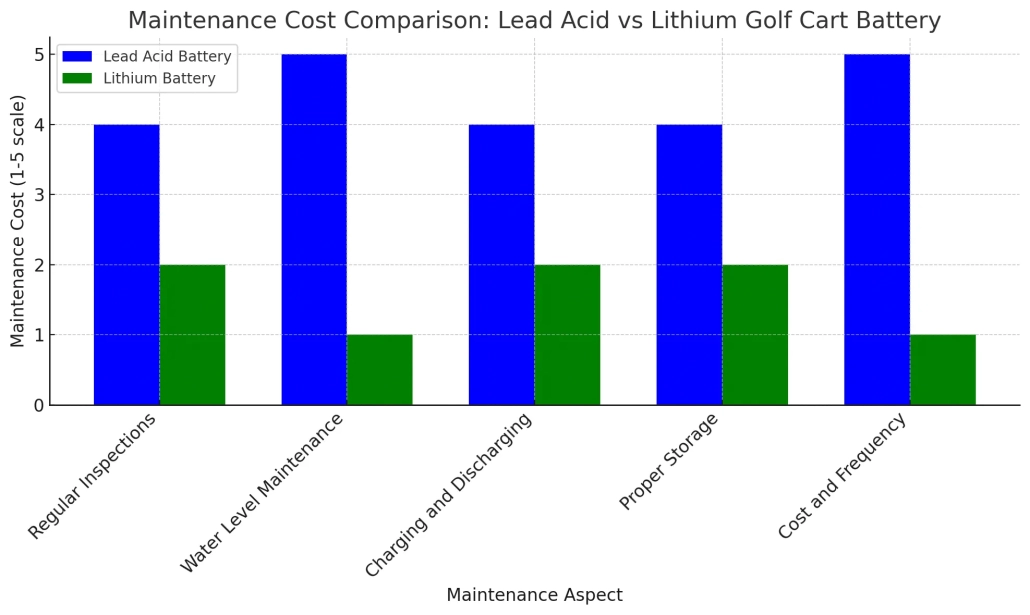 From the chart, it is evident that lead acid batteries have higher maintenance costs and more frequent maintenance requirements compared to lithium batteries. The initial cost of lithium batteries is higher, but they offer significant savings in maintenance over time.
From the chart, it is evident that lead acid batteries have higher maintenance costs and more frequent maintenance requirements compared to lithium batteries. The initial cost of lithium batteries is higher, but they offer significant savings in maintenance over time.Conclusion
Maintaining both lead acid golf cart batteries and lithium golf cart batteries requires regular inspections, proper charging, and appropriate storage. By following the steps outlined for lead acid golf cart battery maintenance and lithium golf cart battery maintenance, you can ensure your batteries stay efficient and reliable. Regular care and proper usage are key to extending the lifespan of your golf cart batteries, ensuring your golf cart is always ready when you need it.FAQ
1. Do lithium golf cart batteries require maintenance?
2. Should you always keep lithium batteries fully charged?
No, you do not need to keep lithium batteries fully charged at all times. For optimal lithium golf cart battery maintenance, it's best to keep the charge level above 60% and avoid letting it drop below 20%. Fully charge the battery after each use, but do not leave it on the charger longer than necessary. Proper charging practices help extend the battery's lifespan and ensure reliable performance.


